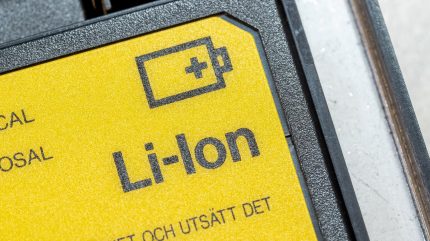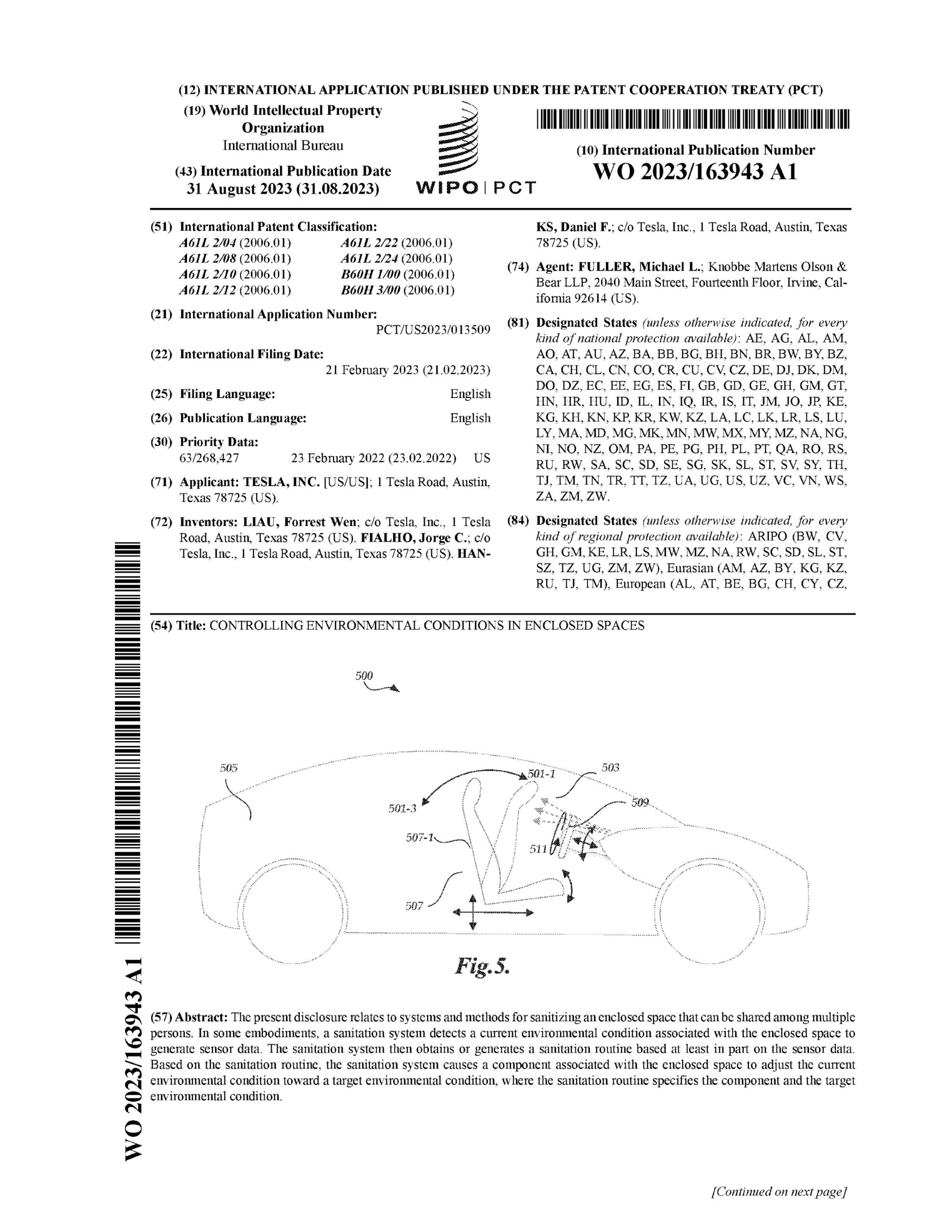
China’s commerce ministry has proposed new export restrictions on technology used in producing battery components and processing critical minerals such as lithium and gallium, reported Reuters.
If implemented, these measures would continue China’s series of export restrictions on critical minerals and related technologies, where it holds a significant global position.
The restrictions could also impact the global expansion plans of Chinese battery giants such as CATL, Gotion, and EVE Energy.
The announcement does not specify when these changes might take effect but the public can comment on the proposal until 1 February 2025.
In December 2023, China banned exporting technology crucial for extracting and separating rare earth elements to maintain its dominance in this sector.
Rare earths are essential for producing magnets used in EVs, wind turbines, and various electronics.
Access the most comprehensive Company Profiles on the market, powered by GlobalData. Save hours of research. Gain competitive edge.

Your download email will arrive shortly
We are confident about the unique quality of our Company Profiles. However, we want you to make the most beneficial decision for your business, so we offer a free sample that you can download by submitting the below form
By GlobalData
According to the International Energy Agency (IEA), China accounts for about 80% of natural graphite and 60% of mined magnet rare earths.
China’s dominance in global supply chains is largely due to its extensive refining and processing capabilities.
The demand for these minerals is driven by advanced technology and renewable energy needs.
China’s increasing control, both domestically and internationally, in regions such as Africa, raises concerns about reduced access for Western nations and mining companies.
These developments follow the Biden administration’s trade investigation into Chinese-made “legacy” semiconductors, potentially leading to more US tariffs on Chinese chips used in everyday products.
The proposal comes ahead of US president elect Donald Trump’s second-term inauguration later in January 2025, during which he is anticipated to implement tariffs and trade restrictions, particularly targeting China.
The “Section 301” probe, launched few weeks before Trump’s inauguration on 20 January 2025, will be handed over to his administration for completion.
This could enable Trump to impose the 60% tariffs he has threatened on Chinese imports.




